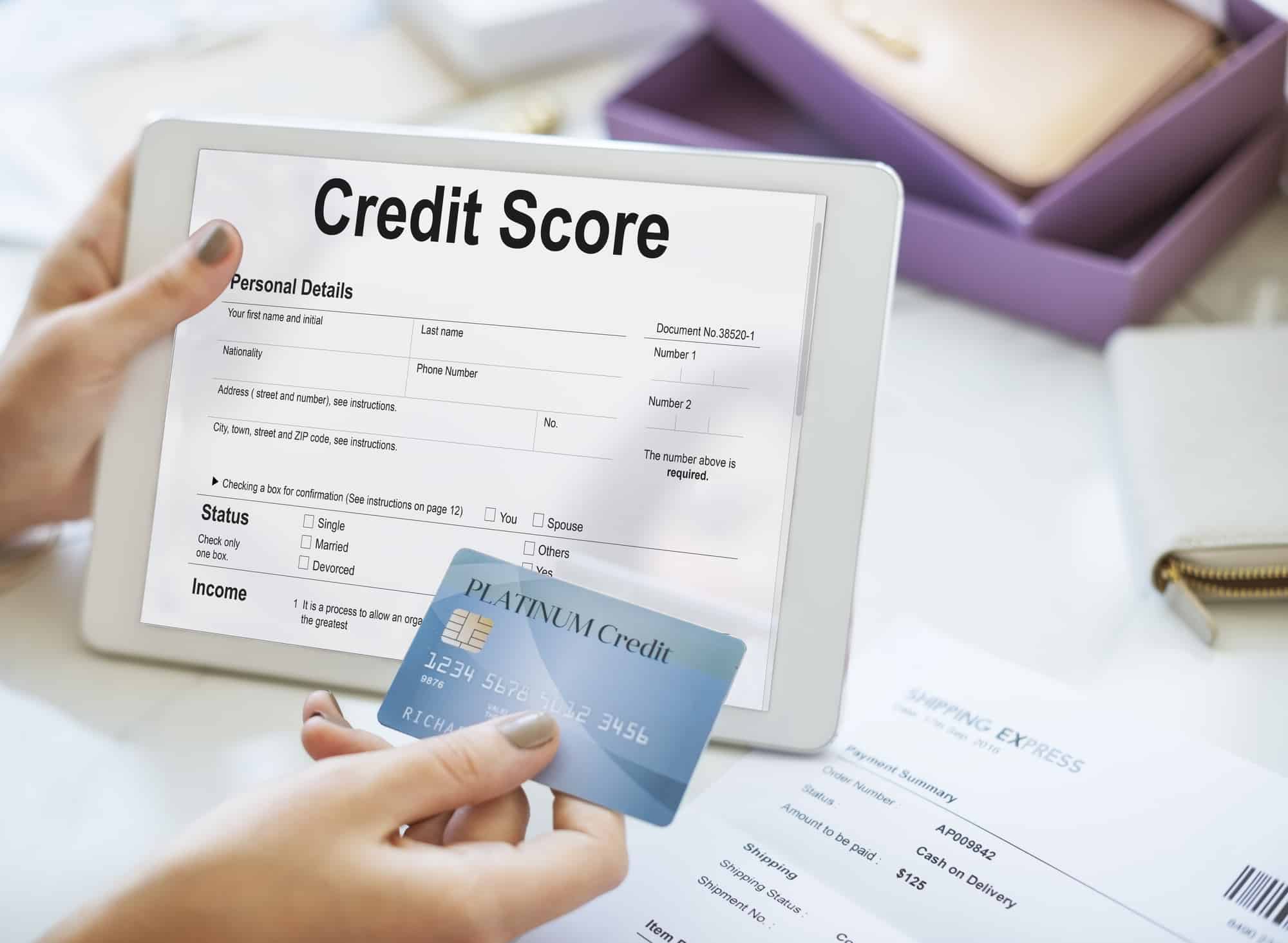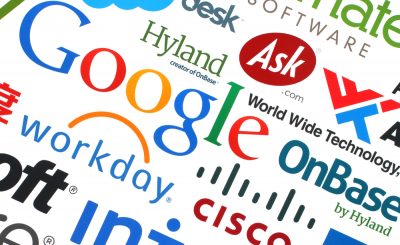Credit rating has the same, if not greater, degree of significance as do other aspects related to credit cards. For each time you use your card, it is noted by the provider. This enables them to sent accurate statements but is also used to create a picture of your payments over a period of time and if you have exceeded your limit. This information is circulated to the credit bureaus and your credit rating is decided. The rating is adjusted when necessary on a regular basis. Other credit providers can access this information and so can you.
Why is a credit rating important? How do companies use the information in the credit rating?
Those institutions that supply credit rely upon credit ratings to determine whether a person is deserving of credit. This is the first thing that any of these institutions will look at when you apply for a mortgage or credit card or car loan. People with good credit ratings will have no problems obtaining credit, but a bad credit rating may mean that your application is declined or you may be hit with higher interest rates, receive less than what you had applied for or very restrictive terms and conditions. A bad credit rating may prevent you from obtaining more credit cards or restrict you to a debit card. This basically means that you can only use the money you have in your account, or sometimes you will only be allowed to access 70 – 80 % of the amount.

You credit rating can even influence a potential employer. Some organizations will examine potential employees’ credit ratings to get an idea if you are a responsible person or not. And you thought it was just about getting a loan!
Obtaining and maintaining a good credit rating is not that hard – you just need to be firm with yourself and make sure that the bills are paid on time.
It is all too easy to get into the mindset of “credit card = free money”, when it is obviously just borrowed money. If you want to change this, you have to resist the temptation to use your credit card for “impulse” purchases. Use cash whenever you can and reduce the number of times you pull out the little plastic card. Ignore “last time” or “special” offers that encourage the use of the card. This clever little marketing tactic draws in naive people – “last time” is rarely actually the last time this sort of offer is made.
Try to keep the amount you have used of your credit limit to below 70 – 80%. Bad credit ratings often result from repeated “over the limit” spending.
Make sure that you pay your bills on time. Unpaid bills can lead to further charges and increased interest payments and it will also ruin your credit rating. Keep track of the due dates for your accounts and check with the provider if a statement does not arrive one month. Keep a record of these dates in your diary and ensure that each account is paid on or before the date it is due. People who have a regular income may find the convenience of direct debit is useful – the bill gets paid automatically, taking the stress away from you.




